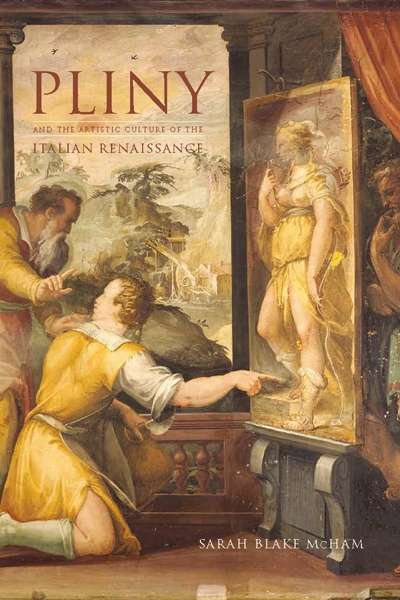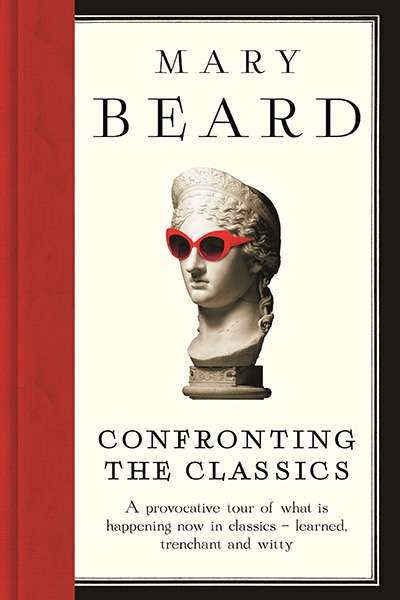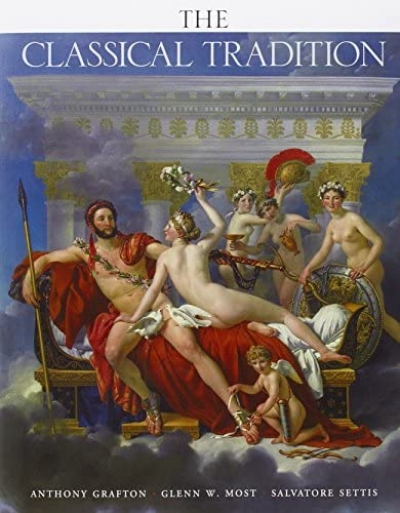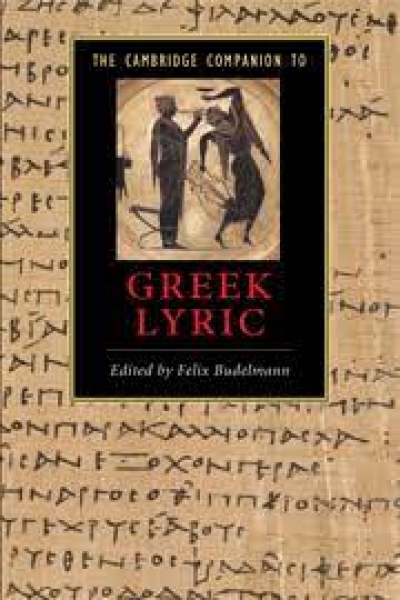Classics
Pliny and the Artistic Culture of the Italian Renaissance: The legacy of the 'Natural History' by Sarah Blake McHam
Confronting the Classics: Traditions, Adventures and Innovations by Mary Beard
The Classical Tradition by Anthony Grafton, Glenn W. Most, and Salvatore Settis
The Cambridge Companion to Greek Lyric by Felix Budelmann
And now ’tis done: more durable than brass
My monument shall be, and raise its head
O’er royal pyramids: it shall not dread
Corroding rain or angry Boreas,
Nor the long lapse of immemorial time.
(Horace, Odes, III.xxx)
With what other words could one possibly begin a paper on philanthropy? Here we have the Roman poet Horace in full celebratory mode: his memorial will outlast even hard metal. What’s more, it comes at the end of the third book of Horace’s Odes, so many of which are dedicated to that legendary philanthropist Maecenas, who has given his very name to the arts of philanthropy, and who was the patron not just of Horace but also of Virgil and Propertius. Of course, then as now, Maecenas’s philanthropy was not altogether innocent, as even these poets suggest. Ultimately, the exquisite poetry of this Golden Age was in honour of the one and only emperor, Augustus, lauding his beneficence and the prosperity of his reign.
... (read more)A few weeks ago, I attended the session on ‘What is an Australian Classic?’ during the Sydney Writers’ Festival. My own definition of what makes a classic is a simple one: a book from the past that retains significance, that still entertains and enlightens us, even though we may respond to it in quite different ways from its initial readers. In some cases, of course, classics were not so highly regarded on first publication. Even Gerard Windsor, at the festival, had to concede that Joyce’s Ulysses was a classic; it was of course banned in Australia, and elsewhere, for many years. And one of the eight titles in the first series of A&R Classics, Come in Spinner ($21.95pb, 0 207 19756 3), also received a very mixed reception, as one of its authors, Florence James, remembers in the introduction she wrote in 1988 for the first printing of the unedited version of the novel. In 1951, the Sydney Daily Telegraph called Come in Spinner ‘a muckraking novel fit for the literary dustbin’, even though it had earlier won the newspaper’s own novel competition!
... (read more)



